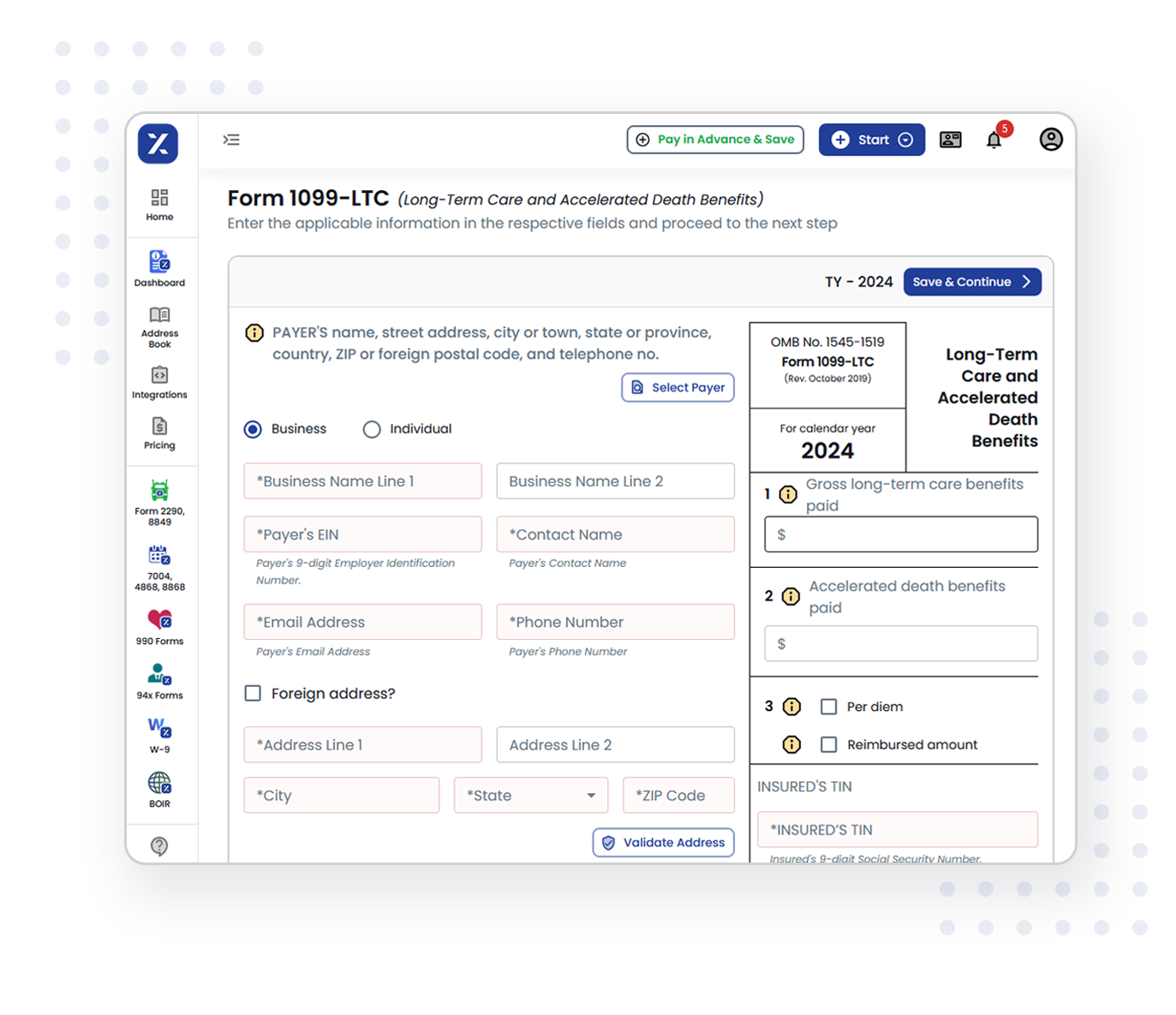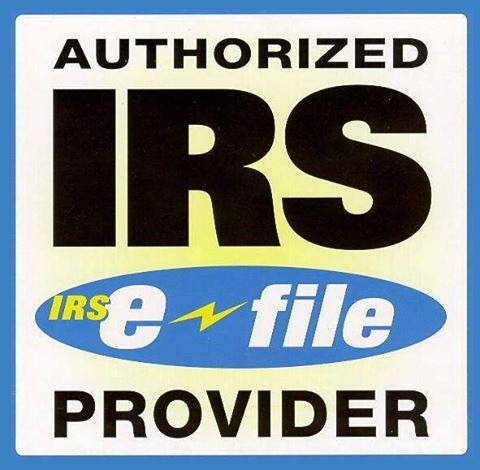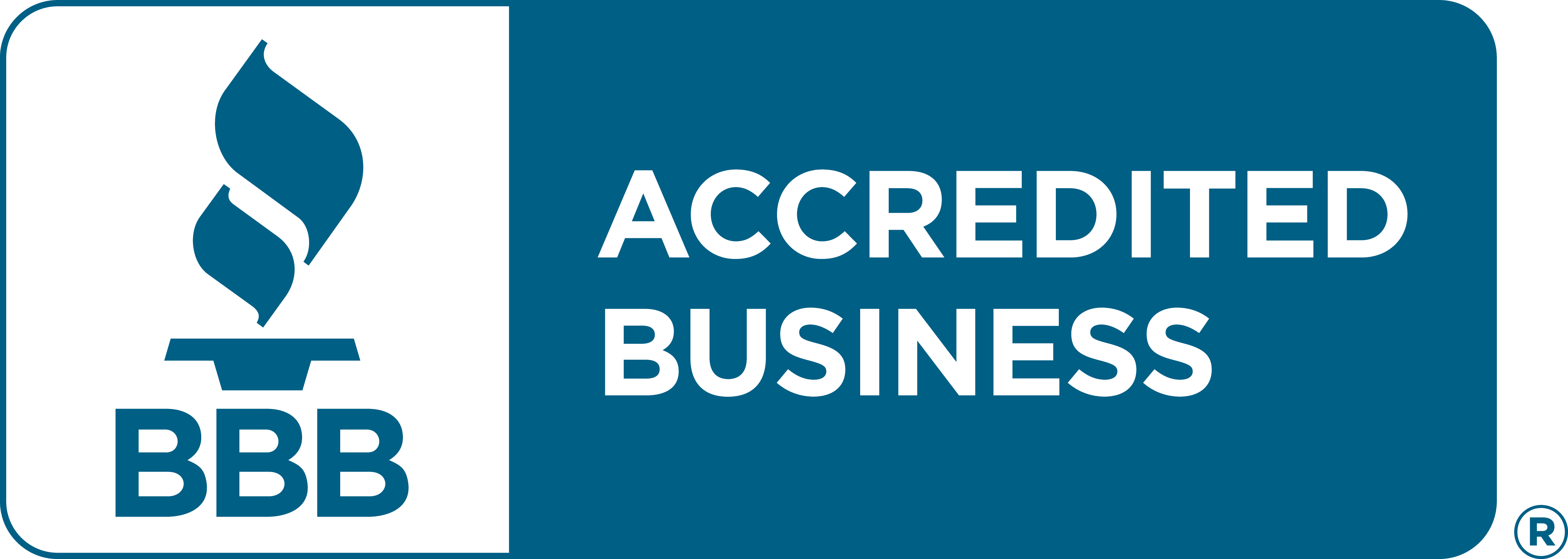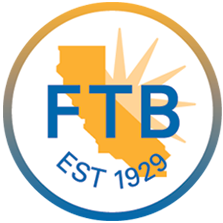File Form 1099-LTC for Tax Year 2024 with Ease
Report long-term care benefits and other related payments with TaxZerone’s fast, secure, and hassle-free e-filing solution for Form 1099-LTC.
Affordable Pricing
Starting at just $2.49, with prices as low as $0.59 per form for bulk filings.
For your return volume
Filing Requirements for Form 1099-LTC
Let's simplify your 1099-LTC filing! Here's what you’ll need:
- Payer Information: Payer’s Name, TIN, and Address
- Policyholder Information: policyholder Name, TIN, and Address
- Payment Information: Payments for long-term care benefits and Accelerated death benefits
3 Simple Steps to Complete Your Form 1099-LTC E-filing
Filing your Form 1099-LTC with TaxZerone is quick, easy, and secure. Here’s how you can do it in just three steps:


Enter Information for Form 1099-LTC
Simply fill in your Business and Individual details (EIN/SSN), Policyholder and Insured information (name, address, TIN), and the long-term care benefits paid.

Review & Transmit
Ensure accuracy with TaxZerone’s IRS validations, then securely e-file your Form 1099-LTC with the IRS.

Send Policyholder Copy
Securely deliver the policyholder and Insured copy via ZeroneVault, ensuring safe sharing, or choose postal mail for a physical copy.
Why Choose TaxZerone for Form 1099-LTC E-filing?
TaxZerone is the trusted e-filing solution for businesses of all sizes. Here’s why:

IRS Form Validations
TaxZerone performs automatic IRS form validations to ensure your Form 1099-LTC submissions are accurate and compliant. Our system checks for errors or missing information, reducing the risk of rejections and penalties from the IRS.

Supports Bulk Upload
If you have multiple 1099-LTC forms to file, TaxZerone offers a bulk upload option. Upload and file multiple forms in one go, saving you time and effort. Whether you have a few Policyholders or hundreds, we’ve got you covered.

Share Policyholder Copies
After filing your Form 1099-LTC, easily share a copy with the Policyholder and Insured. With ZeroneVault, enjoy secure electronic delivery—no need for printing or mailing physical copies. Alternatively, you can opt for postal mail to ensure timely delivery.

Best Price in the Industry
We offer the best prices based on your filing volume. TaxZerone’s e-filing services are designed to save you both time and money. Whether you’re filing one form or many, we offer affordable pricing without compromising on quality.

Form-based Filing
Filing your Form 1099-LTC is easy with TaxZerone’s form-based interface. Simply fill out the necessary fields directly in our platform, and we’ll handle the rest.

Guided filing
Not sure about a particular field or requirement? No problem! Our guided filing process provides clear instructions, helpful prompts, and real-time assistance to make sure you complete your Form 1099-LTC filing with confidence.
Important Deadlines for Filing Form 1099-LTC

Send Policyholder copies
Deadline: January 31, 2025 Deliver Policyholder copies securely via ZeroneVault or opt for postal mail.

File with the IRS (e-file)
Deadline: March 31, 2025 Submit your Form 1099-LTC electronically.

File with the IRS (paper)
Deadline: February 28, 2025 Mail your Form 1099-LTC if filing on paper.
Save Time and Stress with TaxZerone
File your 1099-LTC forms on time, effortlessly, and securely.
Start Filing Now!E-file Form 1099-LTC Pricing Calculator
| No. of Forms | Price Per Form |
|---|---|
| 1 to 25 | $2.49 |
| 26 to 50 | $1.99 |
| 51 to 100 | $1.59 |
| 101 to 250 | $1.29 |
| 251 to 500 | $1.09 |
| 501 to 1000 | $0.79 |
| 1001 and above | $0.59 |
Estimate Your Price
| Enter the number of to calculate your estimated cost | |
| Total Price: | $0.00 |
| W-2/1099/1095 Postal Mailing | Price Per Form |
|---|---|
| Per Form | $1.75 |
Estimate Your Price
| Enter the number of to calculate your estimated cost | |
| Total Price: | $0.00 |
| W-2/1099/1095 Electronic Delivery | Price Per Form |
|---|---|
| Per Form | $0.50 |
Estimate Your Price
| Enter the number of to calculate your estimated cost | |
| Total Price: | $0.00 |
State Filing Not Required for Form 1099-LTC
There are no state-specific tax filing requirements for Form 1099-LTC. TaxZerone ensures your federal filing is complete and compliant, so you don’t need to worry about any additional state-level reporting.
Schedule Filing: Plan Ahead and Stay On Track
Want to ensure your filings are submitted on time without the you can stress? With Schedule Filing, your Form 1099-LTC filings in advance, and we’ll take care of the submission when the time comes.

Choose Your Filing Date
Set your preferred filing date, and we’ll ensure your forms are submitted to the IRS promptly and accurately.

Ensure Accuracy
Policyholders can review their 1099-LTC forms before submission, allowing them to identify and correct any errors in advance.

Avoid the Need for IRS Correction Forms
Scheduling your filing provides an opportunity to validate all details beforehand, reducing errors and eliminating the hassle of filing IRS correction forms later.
Deliver Policyholder Copies with Ease
TaxZerone simplifies the process of sharing Form 1099-LTC copies with your Policyholders securely and on time. Select the method that suits your needs best:

Secure Delivery via ZeroneVault
Send Policyholder and Insured copies electronically using ZeroneVault, a secure and intuitive platform.
- Policyholders can access their forms instantly without needing to print or mail.
- ZeroneVault prioritizes data security, ensuring the safe handling of sensitive tax information.

Traditional Postal Mailing
Prefer physical copies? TaxZerone offers reliable postal mailing services.
- Policyholder and Insured copies are dispatched promptly, helping you meet IRS deadlines with ease.
- Save time and reduce stress by allowing TaxZerone to manage the mailing process for you.
Get Started with TaxZerone Today
Filing Form 1099-LTC online has never been easier. With TaxZerone, you can:
- File quickly and accurately.
- Stay compliant with IRS requirements.
- Save time with bulk upload.
- File at the best price in the industry.
Start your e-filing process today and complete your Form 1099-LTC in just 3 simple steps!
Frequently Asked Questions
1. What is Form 1099-LTC?
2. Who Needs to File Form 1099-LTC?
- Insurance Companies: Reporting payments under long-term care insurance contracts.
- Government Agencies: Reporting benefits paid under a qualified long-term care insurance program.
- Payers: Reporting accelerated death benefits paid under life insurance policies.
3. When is the Deadline to File Form 1099-LTC?
- Policyholder Copy: Must be sent by January 31, 2025, for the 2024 tax year.
- IRS Filing (Paper): Must be submitted by February 28, 2025.
- IRS Filing (E-file): Must be submitted by March 31, 2025.
If the due date falls on a weekend or holiday, the deadline is extended to the next business day.
4. What are the Penalties for Late Filing of Form 1099-LTC?
- Filed within 30 days of the deadline:
- $60 per form
- Maximum penalty per year: $232,500 for small businesses, $664,500 for large businesses.
- Filed more than 30 days after the deadline but before August 1, 2025:
- $130 per form
- Maximum penalty per year: $664,500 for small businesses, $1,993,500 for large businesses.
- Filed after August 1, 2025, or not filed at all:
- $330 per form
- Maximum penalty per year: $1,329,000 for small businesses, $3,987,000 for large businesses.
Additionally, penalties may apply for incorrect or incomplete forms or for failing to provide Policyholder copies on time. To avoid penalties, ensure timely and accurate filing of Form 1099-LTC.





